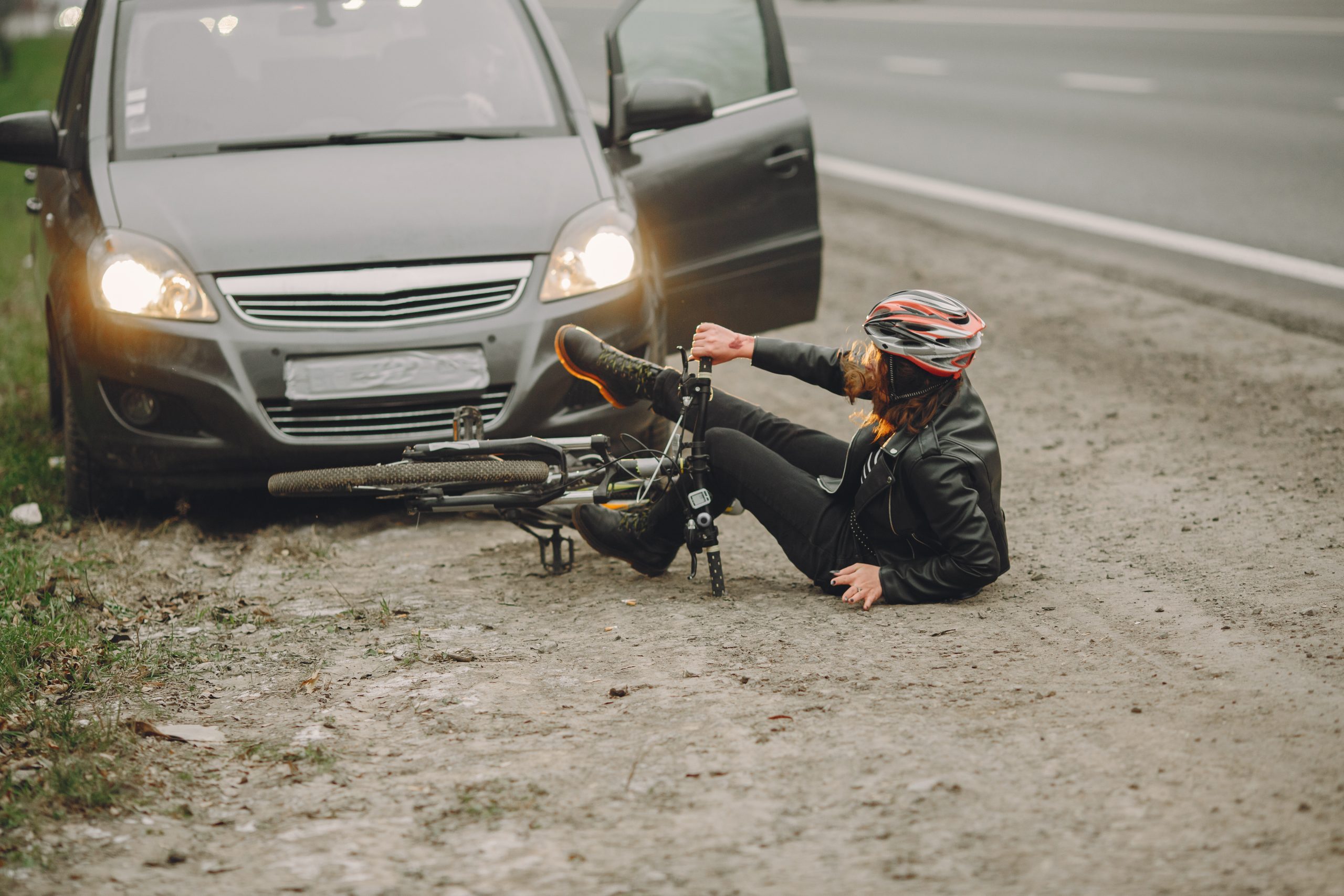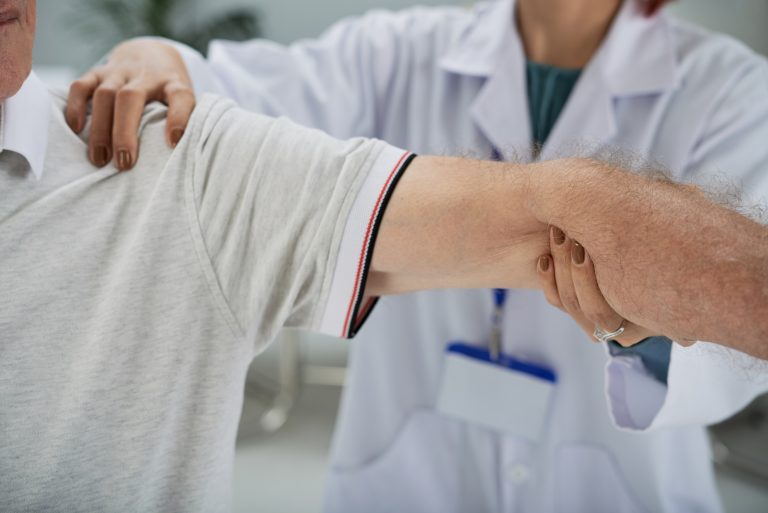Car accidents can lead to various injuries, ranging from minor bruises to severe trauma, often resulting in significant pain and discomfort. Managing this pain effectively is crucial for recovery and overall well-being. At Spinal Recovery Center in Warren, Michigan, we offer comprehensive care to help patients manage pain and recover from car accident injuries. This article provides insights into the common types of pain experienced after a car accident and effective strategies for managing it.
Common Types of Pain After a Car Accident
Whiplash
Whiplash is a common injury caused by the sudden back-and-forth motion of the neck during a collision. It can lead to neck pain, stiffness, and headaches.
Symptoms:
- Neck pain and stiffness
- Headaches, often starting at the base of the skull
- Dizziness
- Shoulder and upper back pain
Back Pain
Back pain after a car accident can result from various injuries, including herniated discs, muscle strains, and spinal misalignments.
Symptoms:
- Pain in the lower, mid, or upper back
- Muscle spasms
- Limited range of motion
- Tingling or numbness in the extremities
Shoulder Pain
Shoulder pain after a car accident may occur due to seatbelt injuries, impact with the car interior, or strain from bracing during the accident.
Symptoms:
- Pain and tenderness in the shoulder
- Reduced mobility
- Swelling or bruising
Headaches
Headaches can be a result of head injuries, whiplash, or stress following the accident.
Symptoms:
- Persistent headaches
- Sensitivity to light and sound
- Dizziness or nausea
Joint Pain
Joint pain, especially in the knees and elbows, can result from direct impact or twisting during the collision.
Symptoms:
- Pain and swelling in the joints
- Stiffness and reduced mobility
- Tenderness around the affected joint
Effective Strategies for Managing Pain After a Car Accident
Seek Immediate Medical Attention
It’s essential to seek medical attention immediately after a car accident, even if you feel fine initially. Some injuries may not present symptoms right away but can worsen over time.
Steps to take:
- Visit an emergency room or urgent care center.
- Follow up with your primary care physician.
- Get necessary diagnostic tests, such as X-rays, MRI, or CT scans.
Follow Your Doctor’s Recommendations
Adhering to your doctor’s treatment plan is crucial for effective pain management and recovery.
Recommendations may include:
- Taking prescribed medications
- Attending follow-up appointments
- Undergoing recommended therapies
Physical Therapy
Physical therapy after a car accident can help restore function, improve mobility, and reduce pain.
Benefits of physical therapy:
- Strengthening Exercises: To rebuild strength and support injured areas.
- Flexibility Exercises: To improve range of motion and reduce stiffness.
- Manual Therapy: Hands-on techniques to alleviate pain and improve function.
Chiropractic Care
Chiropractic care after a car accident focuses on diagnosing and treating musculoskeletal issues, particularly spinal misalignments, which are common after car accidents.
Benefits of chiropractic care:
- Spinal Adjustments: To realign the spine and reduce nerve pressure.
- Soft Tissue Therapy: Techniques to relieve muscle tension and improve circulation.
- Postural Training: Educating patients on proper posture to prevent further injury.
Massage Therapy
Massage therapy after a car accident can help reduce muscle tension, improve circulation, and promote relaxation.
Benefits of massage therapy:
- Pain Relief: Alleviates pain by relaxing tense muscles.
- Improved Circulation: Enhances blood flow to promote healing.
- Stress Reduction: Reduces stress and anxiety, which can exacerbate pain.
Pain Management Techniques
Various pain management techniques can help control and reduce pain following a car accident.
Common techniques include:
- Medications: Over-the-counter pain relievers or prescription medications.
- Heat and Cold Therapy: Applying heat or cold packs to reduce pain and inflammation.
- Electrical Stimulation: Using electrical currents to block pain signals.
Rest and Activity Modification
Rest is crucial for recovery, but it’s also important to gradually reintroduce activity to prevent stiffness and muscle weakness.
Tips for rest and activity:
- Rest: Take breaks and avoid strenuous activities that can worsen pain.
- Gentle Movement: Engage in gentle movements and stretching to maintain mobility.
- Ergonomic Adjustments: Adjust your workspace and daily habits to support recovery.
Mind-Body Techniques
Mind-body techniques can help manage pain and improve overall well-being.
Effective techniques include:
- Deep Breathing Exercises: To promote relaxation and reduce stress.
- Mindfulness Meditation: To focus on the present moment and reduce pain perception.
- Progressive Muscle Relaxation: To relax tense muscles and alleviate pain.
Nutritional Support
A balanced diet can support healing and reduce inflammation.
Nutritional tips:
- Anti-Inflammatory Foods: Include fruits, vegetables, whole grains, and fatty fish.
- Hydration: Drink plenty of water to stay hydrated.
- Vitamins and Supplements: Consider supplements like vitamin D, calcium, and omega-3 fatty acids to support recovery.
Why Choose Spinal Recovery Center for Post-Accident Care?
At Spinal Recovery Center in Warren, Michigan, we specialize in comprehensive care for individuals recovering from car accident injuries. Our experienced team of chiropractors, physical therapists, and pain management specialists is dedicated to helping you manage pain after a car accident and achieve a full recovery. We offer personalized treatment plans tailored to your unique needs, utilizing state-of-the-art techniques and a holistic approach to ensure the best outcomes.
For more information or to schedule a consultation, visit our website or call us directly. Let us help you manage your pain after a car accident and support your recovery journey.er a car accident.




